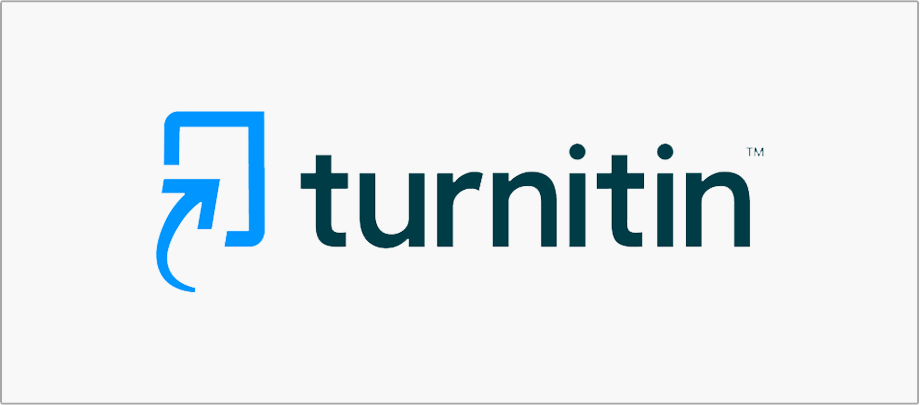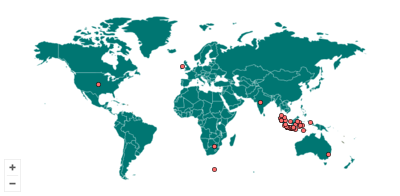MANAGEMENT OF AMANAH PRODUCT’S FINE FUNDS AT PT PEGADAIAN SYARIAH KCP KEUTAPANG, ACEH BESAR DISTRICT, INDONESIA
DOI:
https://doi.org/10.22373/al-mudharabah.v4i2.5633Keywords:
Aceh, Management, Fine Funds, PT Pengadaian, Trust ProductsAbstract
A fine is a penalty in the form of having to pay in the form of money for violating applicable rules, laws and norms or for failing to comply with an agreement that was agreed upon at the outset. Amanah product is one of the products at Pegadaian Syari'ah which purchases and procures two-wheeled or four-wheeled motorized vehicles for personal use and company needs. In this product, the contract used initially was a mudharabah contract, but currently the contract used is a rahn tasjily contract. This thesis is focused on answering three important things, 1) How is the determination and amount determined for customers who make arrears at PT Pegadaian Syariah KCP Keutapang, 2) How is the management of trust fund fines at PT Pegadaian Syari'ah KCP Keutapang, 3) What is the legal perspective Islam regarding the management of trust fund fines at PT Pegadaian Syari'ah KCP Keutapang. This type of research is qualitative and uses a descriptive analysis method. Sources of data used include primary and secondary data. The results showed that the amount of fines in this product is a minimum of 0.4% and a maximum of 4% of the wine value. For example, the installment is Rp. 100,000 if 4% of the fine is four thousand out of one hundred thousand. If the loan is four million, Rp. 4% is taken. 400,000 per month. However, if the installment payment is only a matter of days late, the fine is only 0.4% per week. The imposition of this fine is carried out when the customer is due when the contract is initiated, then the management of fine funds is allowed even though there are some scholars who forbid it, but if you look at the DSN MUI fatwa, fine funds are allowed to be taken if they are used in accordance with Islamic sharia provisions. From the point of view of management and distribution of fines, the funds obtained were indeed used in accordance with Islamic principles, such as the repair and construction of houses of worship, both mosques and prayer rooms, for the benefit of education.
Downloads
Published
How to Cite
Issue
Section
License
Copyright (c) 2024 Al-Mudharabah: Jurnal Ekonomi dan Keuangan Syariah

This work is licensed under a Creative Commons Attribution-NonCommercial-ShareAlike 4.0 International License.












